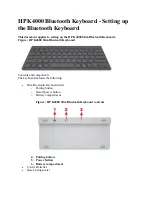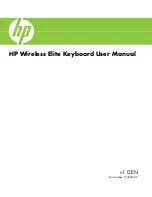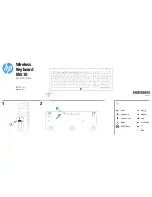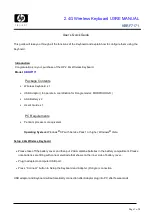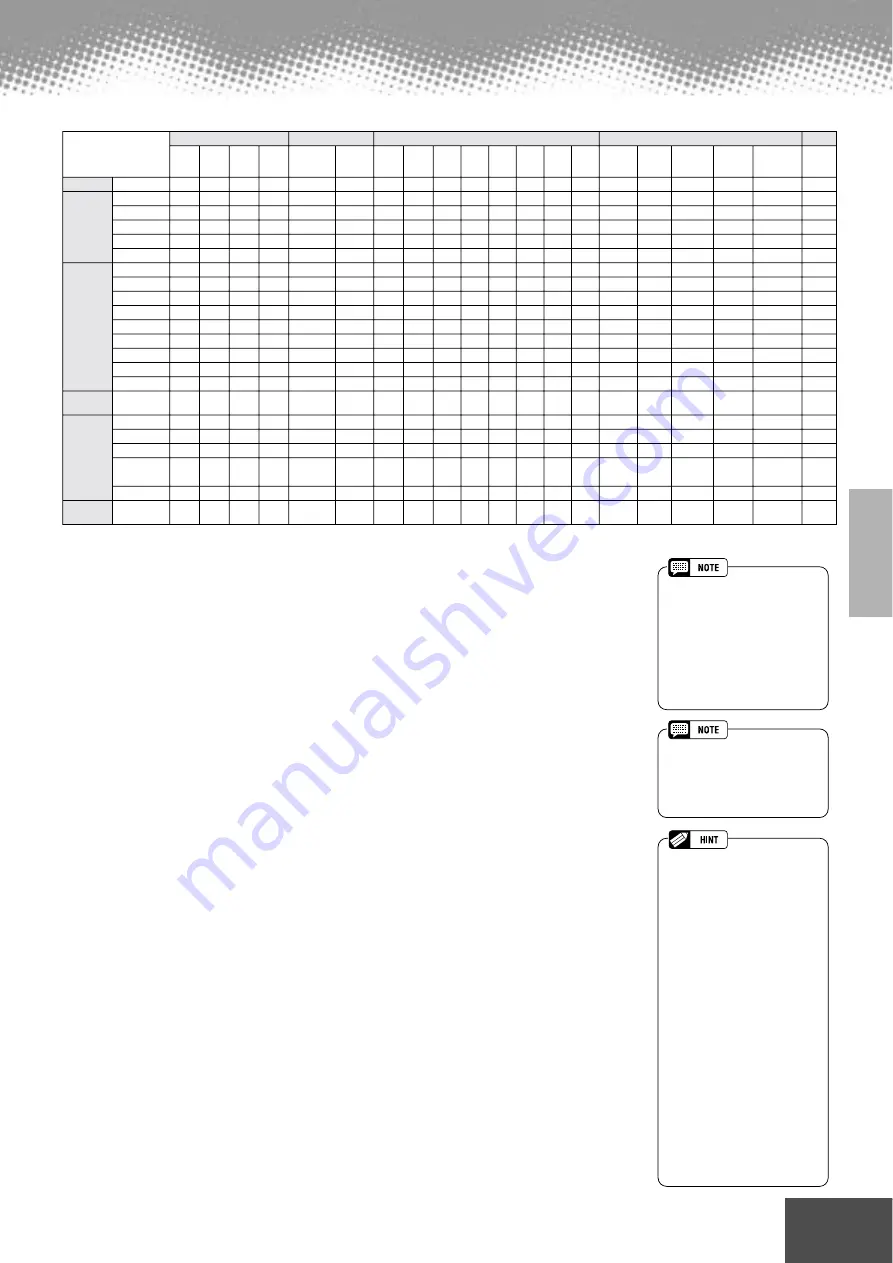
Mixing Console
● ● ● ● ● ● ● ● ● ● ● ● ● ● ● ● ● ● ● ● ● ● ● ● ● ● ● ● ● ● ● ● ● ● ● ● ● ● ● ● ● ● ●
Reference
123
O : available * : Same as the [KEYBOARD TRANSPOSE] button (page 138)
●
Volume/EQ
• Volume ................... This lets you change the volume of each part and adjust the relative
balance among all the parts.
• Panpot.................... Positions the sound of the specified voice or track from left to right in
the stereo sound field.
• Equalizer ................ The EQ High and EQ Low controls function in the same way as the
treble and bass controls on a sound system, boosting or cutting the
high or low frequency ranges by the specified amount.
●
Filter
• Brightness .............. This increases or decreases the brightness of the sound.
• Harmonic Content.. This increases or decreases the harmonic content, giving the sound
more or less “punch.”
●
Effect Depth
This parameter sets the effect depth for the corresponding part. See the next page for details
about Effects.
●
Tune
• Transpose............... Allows the pitch to be transposed up or down in semitone incre-
ments.
• Tuning..................... Sets the pitch for the corresponding part.
• Octave.................... Shifts the pitch of the specified part up or down by one or two
octaves. The value of this parameter is added to the value set via
the [UPPER OCTAVE] button.
• Pitch Bend Range .. Sets the range of the PITCH BEND wheel for the corresponding
part. The range is from “0” to “12” with each step corresponding to
one semitone.
• Portamento Time.... Sets the portamento time for the corresponding part only when the
part is set to “MONO” (page 55). The higher the value the longer the
portamento time. The portamento effect (a smooth slide between
notes) is produced when the notes are played legato: i.e., a note is
held while the next note is played.
●
Voice
This lets you change the voice for each part.
Volume/EQ
Filter
Effect Depth
Tune
Voice
VOLUME
PAN-
POT
EQ
LOW
EQ
HIGH
BRIGHT-
NESS
HARMONIC
CONTENT
REVERB
(1)
CHORUS
(2)
DSP
(3)
DSP
(4)
DSP
(5)
DSP
(6)
DSP
(7)
DSP
(8)
TRANS-
POSE
*
TUNING
OCTAVE
PITCH
BEND
RANGE
PORTAMENTO
TIME
VOICE
Master
Overall
–
–
–
–
–
–
–
–
–
–
–
–
–
–
O
–
–
–
–
–
Keyboard
All Voices
–
–
–
–
–
–
–
–
–
–
–
–
–
–
O
–
–
–
–
–
VOICE R1
O
O
O
O
O
O
O
O
–
O
–
–
–
–
–
O
O
O
O
–
VOICE R2
O
O
O
O
O
O
O
O
–
–
O
–
–
–
–
O
O
O
O
–
VOICE R3
O
O
O
O
O
O
O
O
–
–
–
O
–
–
–
O
O
O
O
–
VOICE L
O
O
O
O
O
O
O
O
–
–
–
–
O
–
–
O
O
O
O
–
Auto
Accompaniment
(Style)
All Tracks
O
O
O
O
–
–
O
O
O
–
–
–
–
–
–
–
–
–
–
–
RHYTHM 1
O
O
O
O
O
O
O
O
O
–
–
–
–
–
–
–
–
–
–
O
RHYTHM 2
O
O
O
O
O
O
O
O
O
–
–
–
–
–
–
–
–
–
–
O
BASS
O
O
O
O
O
O
O
O
O
–
–
–
–
–
–
–
–
–
–
O
CHORD 1
O
O
O
O
O
O
O
O
O
–
–
–
–
–
–
–
–
–
–
O
CHORD 2
O
O
O
O
O
O
O
O
O
–
–
–
–
–
–
–
–
–
–
O
PAD
O
O
O
O
O
O
O
O
O
–
–
–
–
–
–
–
–
–
–
O
PHRASE 1
O
O
O
O
O
O
O
O
O
–
–
–
–
–
–
–
–
–
–
O
PHRASE 2
O
O
O
O
O
O
O
O
O
–
–
–
–
–
–
–
–
–
–
O
Multi Pad
Multi
Pad 1~4
O
O
O
O
–
–
O
O
–
–
–
–
–
–
–
–
–
–
–
–
Song
All Tracks
O
O
O
O
–
–
O
O
O
–
–
–
–
–
O
–
–
–
–
–
TRACK 1
O
O
O
O
O
O
O
O
O
–
–
–
–
–
–
–
–
–
–
O
TRACK 2
O
O
O
O
O
O
O
O
O
–
–
–
–
–
–
–
–
–
–
O
•
•
•
•
•
•
•
•
•
•
•
•
•
•
•
•
•
•
•
•
•
•
•
•
•
•
•
•
•
•
•
•
•
•
•
•
•
•
•
•
•
•
TRACK 16
O
O
O
O
O
O
O
O
O
–
–
–
–
–
–
–
–
–
–
O
Microphone
Sound
MIC
O
O
–
–
–
–
O
O
–
–
–
–
–
O
–
–
–
–
–
–
• As indicated in the chart
above, in addition to the Master
Transpose setting, there are
two other transpose controls:
Keyboard Transpose and Song
Transpose. These can be used
to match both the song and
your keyboard performance to
a certain key. For example,
let’s say you wish to both play
and sing along with a certain
recorded song. The song data
is in F, but you feel most com-
fortable singing in D, and you
are accustomed to playing the
keyboard part in C. To match
up the keys, set the Master
Transpose to “0,” the Keyboard
Transpose to “2,” and the Song
Transpose to “-3.” This brings
the keyboard part up and the
song data down to your com-
fortable singing key.
• Certain voices may produce
excessive noise, depending on
the Harmonic Content and/or
Brightness settings of the Mix-
ing Console Filter.
• Make the desired Right 1
voice, Effect Type and Depth,
and EQ settings from the Mix-
ing Console, then call up the
Custom Voice display to store
the settings. The Mixing Con-
sole parameters can be stored
together with the Custom Voice
parameters.
121






































